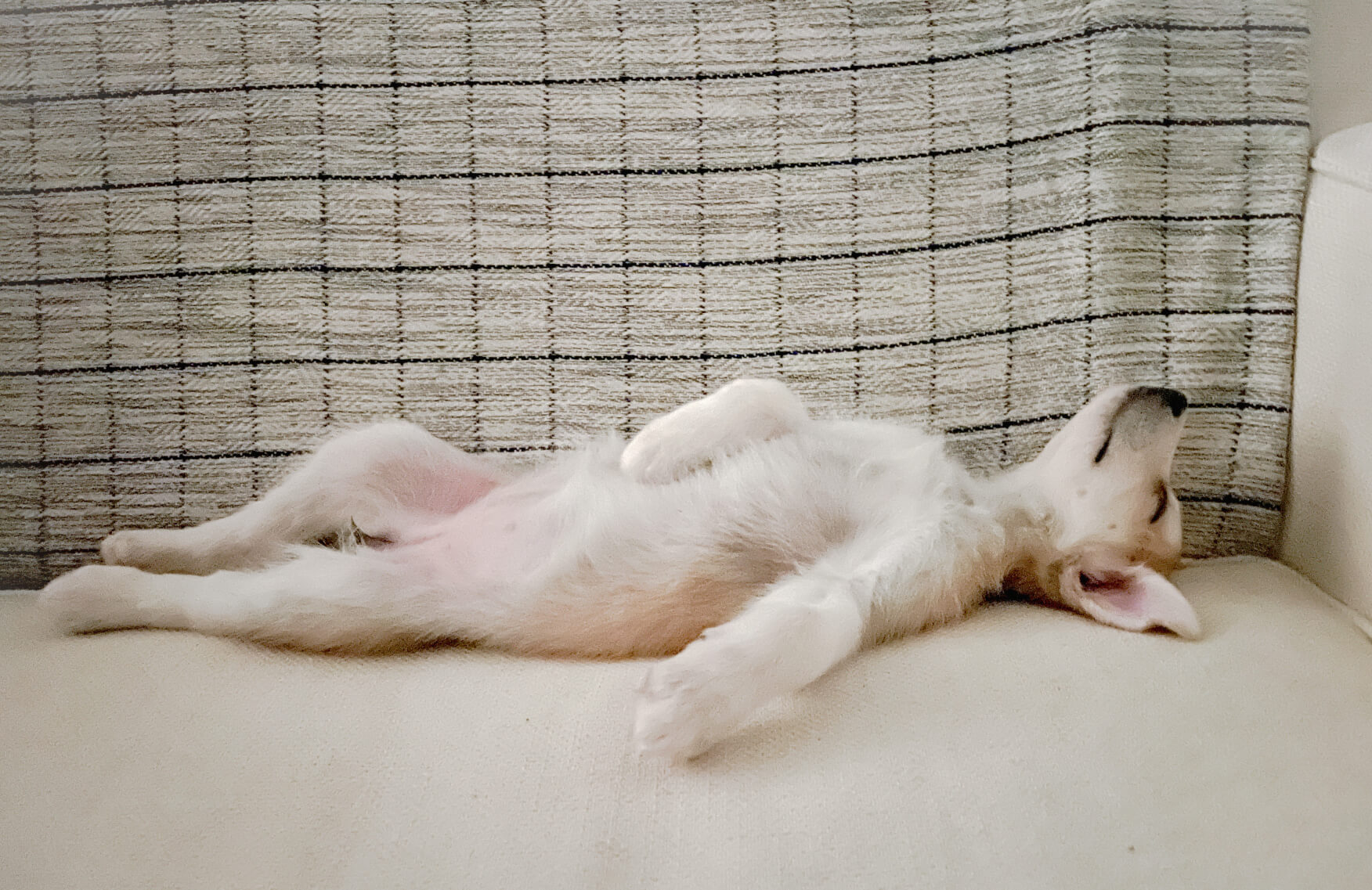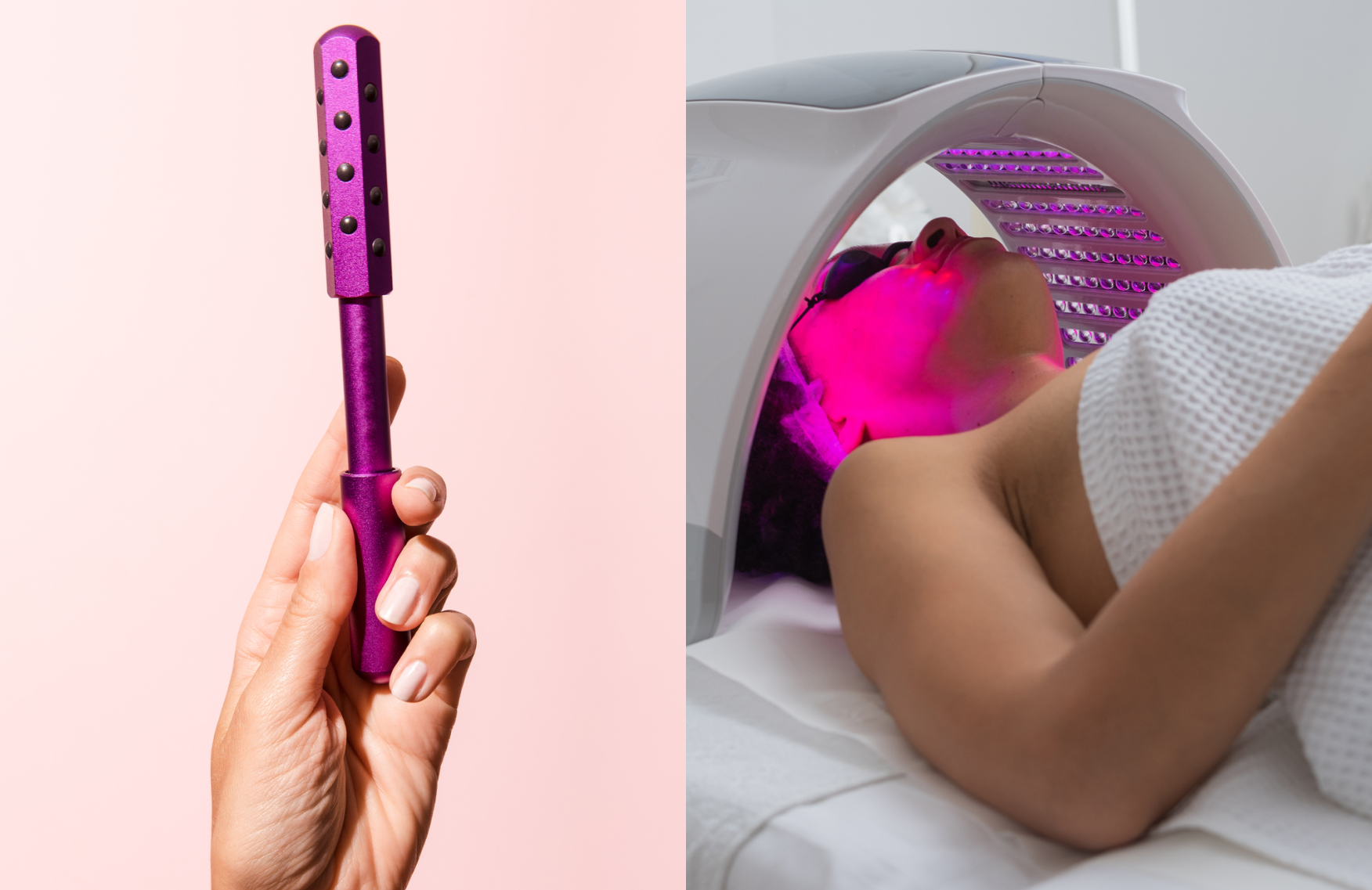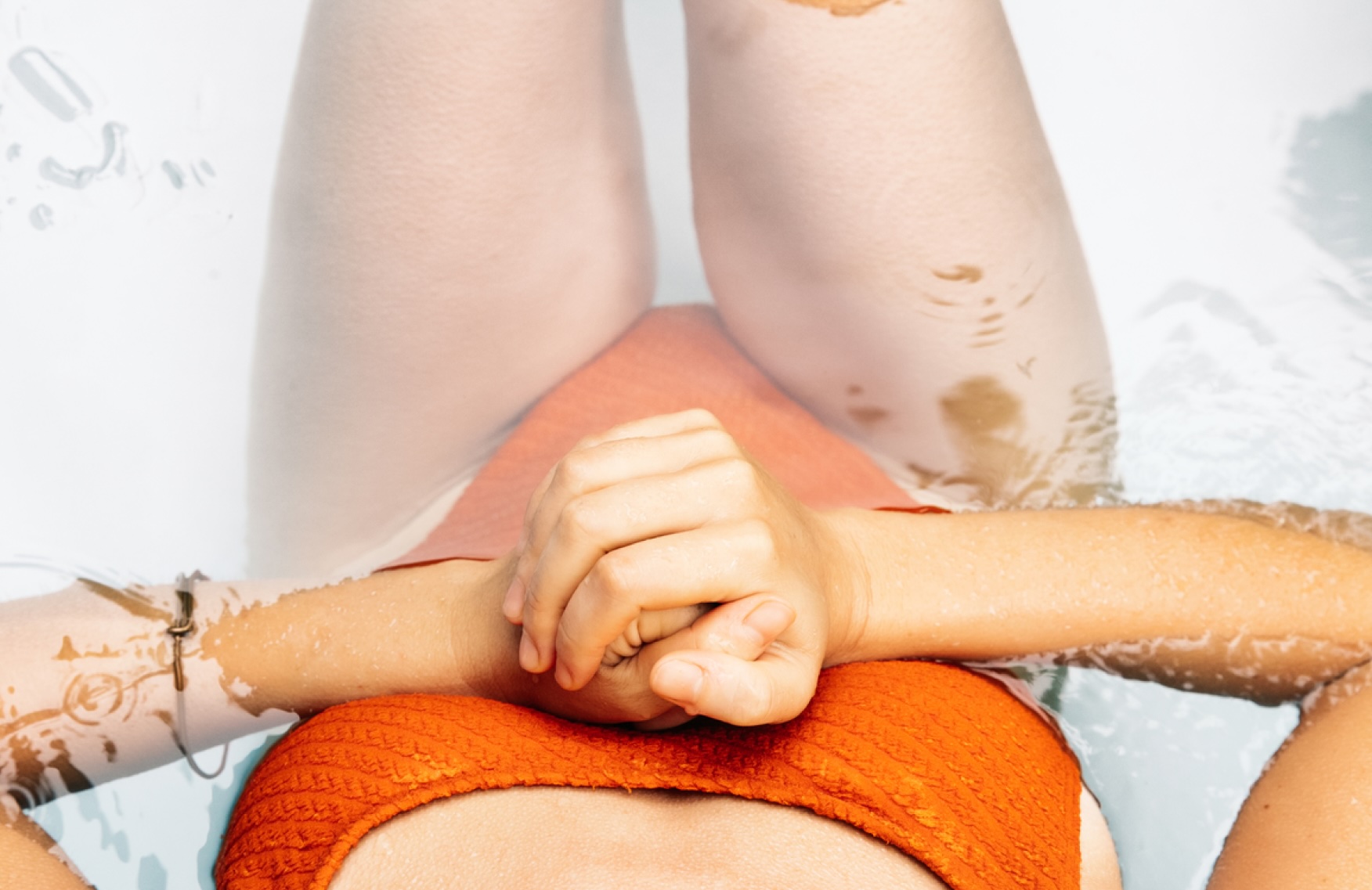Snooze alert! These scientifically-proven hacks will help you sleep better

Getting a good night’s sleep is vital for your energy levels, mental health and mood, but what happens if you’re finding it increasingly difficult to get some proper shut eye? Below, we spoke with a renowned sleep expert to separate fact from fiction when it comes to falling asleep. What sleep hacks are more likely to promote better sleep (and are therefore worth trying)? What sleep hacks are better left untried? Keep reading to find out.
DO take magnesium supplements
Magnesium is a naturally occurring mineral that is required for the proper functioning of over 300 processes in our body, says Dr. Angela Holliday-Bell, a certified clinical sleep health specialist and the CEO of The Solution is Sleep. As far as your sleep is concerned, the mineral can help relax the nervous system, play a role in melatonin production and increase the levels of GABA, a neurotransmitter that can help promote sleep, Dr. Holliday-Bell says. Some studies have shown that magnesium supplements can significantly improve one’s ability to fall asleep and stay asleep as well as their sleep quality.
DON’T sleep barefoot
Some people prefer sleeping sans socks, but according to Dr. Holliday-Bell, the opposite may help promote better sleep for others. “The reason for this goes back to the drop in body temperature that has to occur in order to facilitate the transition to (and maintenance of) sleep,” she says. “Putting socks on causes an increase in blood flow to the feet, which helps decrease your core body temperature, helping you to get that one to two degree drop in body temperature you need to fall and stay asleep.”
DO meditate regularly
If you find that stress and anxiety are interfering with your sleep, try making meditation part of your daily routine. “Meditating can not only can help ease anxiety and stress that interferes with sleep, but it can be used to trigger the relaxation response, which is a physical state of deep rest that alters a person’s response to stress,” Dr. Holliday-Bell says. “This may help put you in a state that is more conducive to sleep.” Dr. Holliday-Bell recommends practicing meditation daily, starting with at least 10 to 15 minutes during the day when stakes are low, and then slowly incorporating it into your nighttime routine.
DON’T watch a movie or television
You turn the lights off and cozy up in your bed right before sleeping in hopes that you’re about to wind down, but as it turns out, light is the strongest factor influencing your circadian rhythm. “The blue wavelength of light, in particular, has the strongest alerting effect on your circadian rhythm,” Dr. Holliday-Bell says. “This means that exposure to blue light before bed causes you to feel alert and also delays your natural melatonin release.” Keep blue light-rich electronics like your smartphone, television and computer out of sight and mind one to two hours before bedtime.
DO take your showers at night
If you’re a morning bather, you may want to consider nighttime showering to help you fall asleep quicker. “Your body temperature has to drop by one to two degrees in order to facilitate the transition to sleep, so by taking a warm shower before bed, you’re stimulating blood flow to your hands and feet, which helps the body to dissipate heat more quickly and help facilitate the cooldown that leads to sleep,” Dr. Holliday-Bell explains.
DO switch up your sheets
Could your bedsheets be playing a role in your inability to fall (and stay) asleep? Dr. Holliday-Bell says yes. “When looking for sheets, pay attention to the fabric, thread count and weave,” she says. “Stick with fabrics that are breathable and cool such as linen or bamboo in the warmer seasons or if you tend to sleep hot in general.”
The views expressed in this article do not necessarily represent the views of Murad, and are for informational purposes only, even if the advice of physicians and medical practitioners are included. This article is not a substitute for professional medical advice, diagnosis or treatment, and should not be considered specific medical advice.


